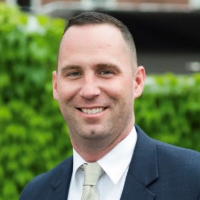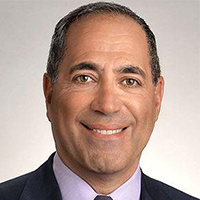Eagle Bridge Juvenile Law Lawyer, New York
Sponsored Law Firm
-
 x
x

Click For More Info:
-
Cohen & Bernstein, L.L.C.
1360 Clifton Ave #309 Clifton, NJ 07012» view mapCriminal Defense We’re In this Together!
We work hand in hand with our clients to ensure all of your questions are answered and progress through your legal issue is seamless.
800-978-7341
Not enough matches for Eagle Bridge Juvenile Law lawyer.
Below are all Eagle Bridge Criminal lawyers.
John F. Harwick
✓ VERIFIEDJohn Harwick is a top-rated personal injury lawyer practicing in upstate New York. www.joneshacker.com
Tucker Cleveland Stanclift
✓ VERIFIEDTucker C. Stanclift was born and raised in Lake Placid, N.Y. Tucker played ice hockey there and graduated from Lake Placid Central School in 1990. He ... (more)
Jeffrey Edmond McMorris
✓ VERIFIEDJeff is a native of Washington County and was born and raised in Greenwich, New York. He graduated from Greenwich High School and Colgate University. ... (more)
Ryan M. Finn
✓ VERIFIEDAttorney Ryan Finn of Finn Law Offices has worked for big law firms and he knows how they approach a legal conflict. He is well known and well respect... (more)
Donald W. Boyajian
✓ VERIFIEDDonald W. Boyajian has been practicing law for over 35 years and is the Managing Partner of the firm. Don is a life-long resident of the Capital Regio... (more)
Stephen Louis Rockmacher
✓ VERIFIEDStephen Rockmacher has over 25 years experience concentrating but not limited to Immigration, Real Estate, Criminal and Family law cases. He is focuse... (more)
 Lindsay Bernstein Clifton, NJ
Lindsay Bernstein Clifton, NJ Practice AreasExpertise
Practice AreasExpertise







